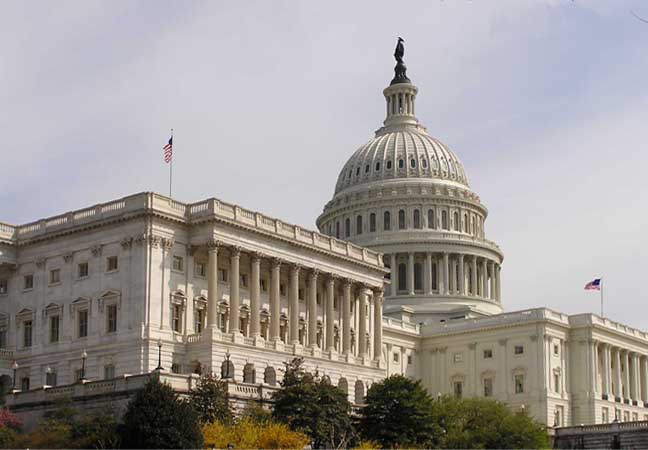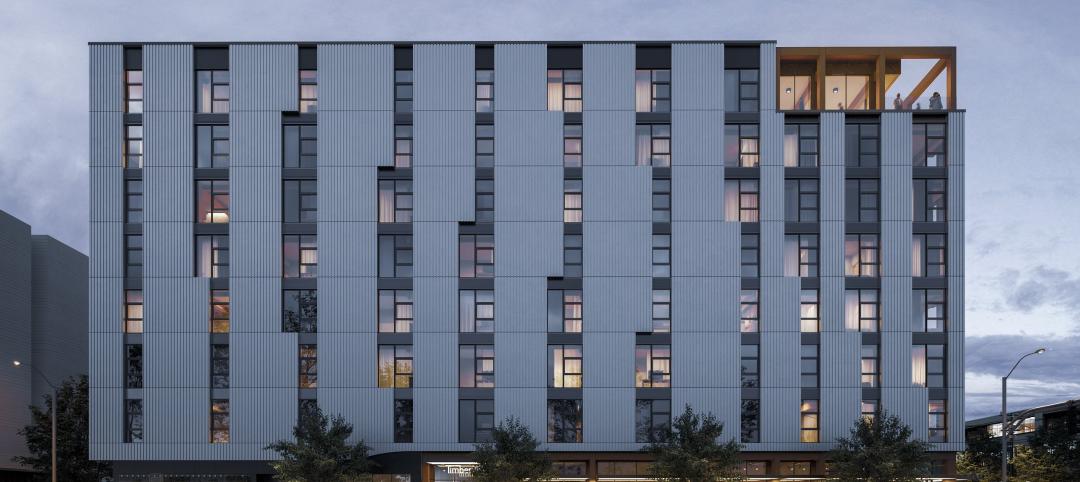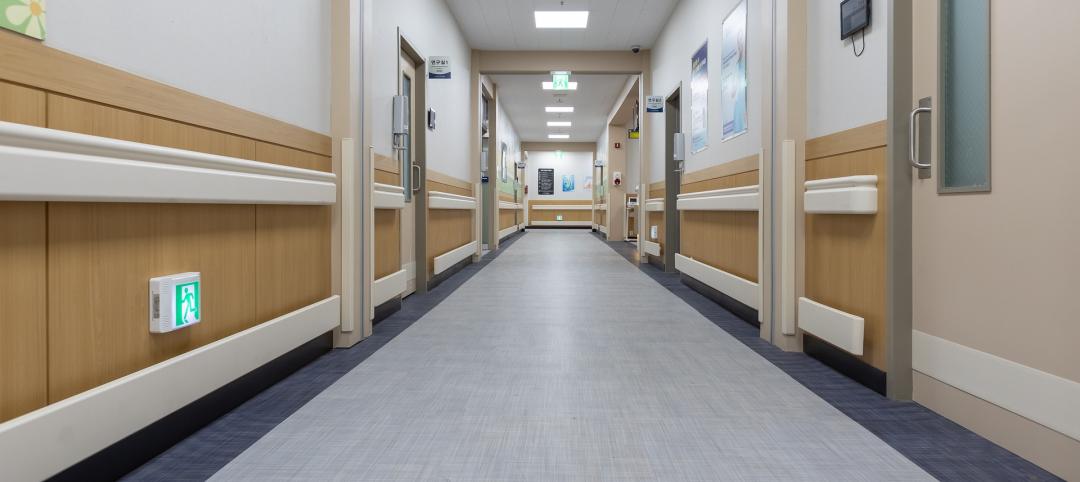The American Institute of Architects today released a letter from more than 350 different associations and companies expressing opposition to efforts by special interests to gut energy conservation requirements for federal buildings.
The letter, which is addressed to Energy and Natural Resources Chairman Ron Wyden, D-Ore., and ranking Republican Lisa Murkowski of Alaska, was released one week ahead of the scheduled mark-up of the Energy Savings and Industrial Competitiveness Act by the Senate Energy and Natural Resources Committee May 8.
You can see this press release online here: http://www.aia.org/press/releases/AIAB098645
That legislation, introduced by Senators Jeanne Shaheen (D-N.H.) and Rob Portman (R-Ohio), would promote greater use of energy efficiency technology in commercial and residential buildings and by manufacturers.
However, efforts by special interests to weaken energy conservation requirements for federal buildings are likely to surface during the mark-up. In particular, an amendment is expected to be offered that may weaken or eliminate Section 433(a) of the Energy Independence and Security Act (EISA). The 2007 law requires federal agencies to phase out the consumption of energy from greenhouse-gas-emitting sources in newly constructed or renovated federal buildings by 2030, unless they can show such reductions are not technically feasible.
“According to the Department of Energy’s Energy Information Administration,’’ the letter states, “the building sector accounts for 39 percent of total U.S. energy consumption, more than both the transportation and industry sectors. The same study found that buildings are responsible for 71 percent of U.S. electricity consumption and that buildings in the United States alone account for 9.8 percent of carbon dioxide emissions worldwide.
“Weakening or repealing federal building energy policies will dramatically harm the federal government’s ability to design and build facilities that use less energy, save taxpayers money, and protect the environment,” the letter concludes. “Therefore, we urge you to oppose efforts to weaken the energy consumption and GHG emission requirements of EISA Sec. 433(a) and other important energy-saving policies.”
A full text of the letter can be found here. A “Myth vs. Fact” document about Section 433 of EISA can be found here.
About The American Institute of Architects
Founded in 1857, members of the American Institute of Architects consistently work to create more valuable, healthy, secure, and sustainable buildings, neighborhoods, and communities. Through nearly 300 state and local chapters, the AIA advocates for public policies that promote economic vitality and public well being. Members adhere to a code of ethics and conduct to ensure the highest professional standards. The AIA provides members with tools and resources to assist them in their careers and business as well as engaging civic and government leaders, and the public to find solutions to pressing issues facing our communities, institutions, nation and world. Visit www.aia.org.
Related Stories
Government Buildings | May 10, 2024
New federal buildings must be all-electric by 2030
A new Biden Administration rule bans the use of fossil fuels in new federal buildings beginning in 2030. The announcement came despite longstanding opposition to the rule by the natural gas industry.
Sustainable Development | May 10, 2024
Nature as the city: Why it’s time for a new framework to guide development
NBBJ leaders Jonathan Ward and Margaret Montgomery explore five inspirational ideas they are actively integrating into projects to ensure more healthy, natural cities.
Mass Timber | May 8, 2024
Portland's Timberview VIII mass timber multifamily development will offer more than 100 affordable units
An eight-story, 72,000-sf mass timber apartment building in Portland, Ore., topped out this winter and will soon offer over 100 affordable units. The structure is the tallest affordable housing mass timber building and the first Type IV-C affordable housing building in the city.
Architects | May 8, 2024
Ivan O’Garro, AIA joins LEO A DALY as a vice president
Integrated design firm LEO A DALY welcomes Ivan O’Garro, AIA, as a vice president and managing principal of its Atlanta studio.
K-12 Schools | May 7, 2024
World's first K-12 school to achieve both LEED for Schools Platinum and WELL Platinum
A new K-12 school in Washington, D.C., is the first school in the world to achieve both LEED for Schools Platinum and WELL Platinum, according to its architect, Perkins Eastman. The John Lewis Elementary School is also the first school in the District of Columbia designed to achieve net-zero energy (NZE).
Healthcare Facilities | May 6, 2024
Hospital construction costs for 2024
Data from Gordian breaks down the average cost per square foot for a three-story hospital across 10 U.S. cities.
Biophilic Design | May 6, 2024
The benefits of biophilic design in the built environment
Biophilic design in the built environment supports the health and wellbeing of individuals, as they spend most of their time indoors.
MFPRO+ Special Reports | May 6, 2024
Top 10 trends in affordable housing
Among affordable housing developers today, there’s one commonality tying projects together: uncertainty. AEC firms share their latest insights and philosophies on the future of affordable housing in BD+C's 2023 Multifamily Annual Report.
Retail Centers | May 3, 2024
Outside Las Vegas, two unused office buildings will be turned into an open-air retail development
In Henderson, Nev., a city roughly 15 miles southeast of Las Vegas, 100,000 sf of unused office space will be turned into an open-air retail development called The Cliff. The $30 million adaptive reuse development will convert the site’s two office buildings into a destination for retail stores, chef-driven restaurants, and community entertainment.
Codes and Standards | May 3, 2024
New York City considering bill to prevent building collapses
The New York City Council is considering a proposed law with the goal of preventing building collapses. The Billingsley Structural Integrity Act is a response to the collapse of 1915 Billingsley Terrace in the Bronx last December.

















